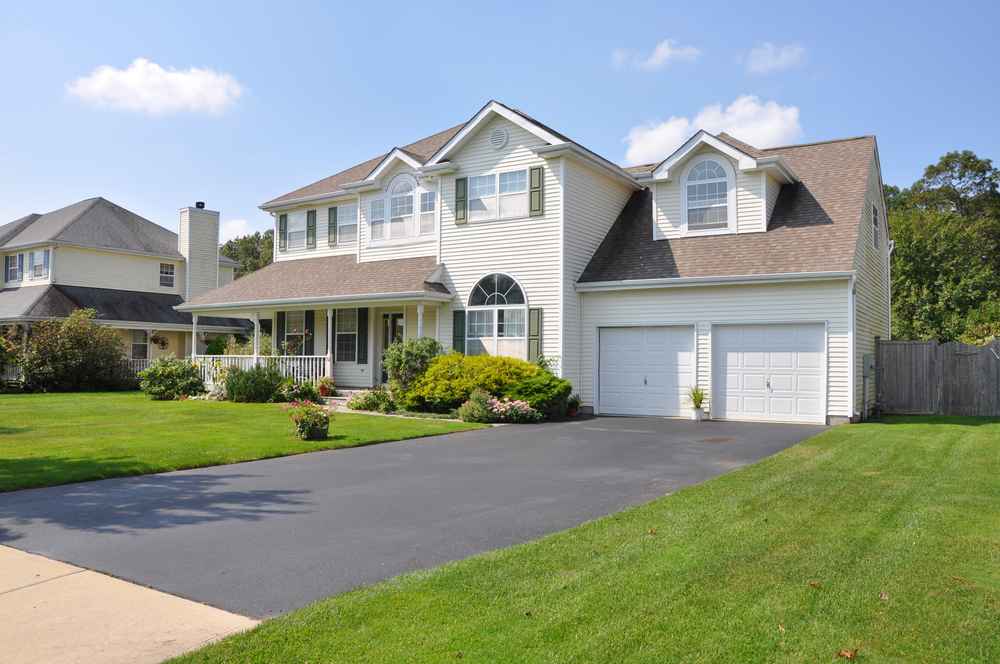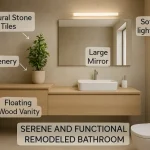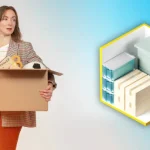Residential roofing plays a crucial role in determining the overall value of a property. While homeowners may focus on aesthetic factors, such as curb appeal and interior design, the quality, type, and condition of a home’s roof are equally important. A roof is not just a protective barrier; it is a significant investment that can influence a buyer’s decision and, subsequently, the property’s market value. We will explore how different aspects of residential roofing by reputable roofing company in St. Louis contribute to property valuation and why homeowners should prioritize roofing maintenance and upgrades.
The Importance of Roof Condition on Property Value
The condition of a home’s roof is a critical determinant in property valuation. A well-maintained roof and good condition are positive signals to potential buyers, indicating that the home has been cared for and that they are unlikely to face immediate repair costs. On the contrary, a roof that is visibly damaged or nearing the end of its lifespan can significantly reduce a home’s market value. Prospective buyers often calculate the cost of roof replacement or repairs in their offers, leading to lower bids and prolonged time on the market. Moreover, in some cases, mortgage lenders and insurance companies may hesitate to finance or insure properties with subpar roofing, making it more difficult for sellers to find buyers.
Furthermore, the roof’s condition affects a home’s energy efficiency, influencing property value. A well-insulated roof can reduce heating and cooling costs, which is increasingly important to environmentally conscious buyers. Energy-efficient homes with robust roofing are often appraised at higher values, promising lower utility bills and a reduced environmental footprint. Thus, regular roof inspections and timely maintenance are essential for homeowners who wish to preserve or increase their property value.
The Impact of Roofing Materials on Market Perception
The materials used in residential roofing substantially impact the market perception of a property. Different materials offer varying levels of durability, aesthetic appeal, and cost, which can influence a potential buyer’s perception and the overall property value. For example, asphalt shingles are popular due to their affordability and ease of installation, but they may not add as much value as premium materials like slate, metal, or tile. Slate roofs, for instance, are known for their longevity and classic appearance, often lasting over a century. While more expensive, such materials can elevate a home’s status, making it more attractive to buyers looking for high-end properties.
In addition to the choice of materials, the roof’s color and style can also affect property value. A roof that complements the architectural style of the home and the surrounding neighborhood can enhance curb appeal, making the property more desirable. On the other hand, an out-of-place or garish roof color may deter potential buyers, regardless of the material’s quality. Therefore, homeowners should carefully consider roofing materials’ functional and aesthetic aspects when planning upgrades or repairs. Investing in quality materials that are both durable and visually appealing can offer a significant return on investment by boosting the property’s market value.
Central Virginia homeowners always consult roofing contractors in Lynchburg before selecting materials and colours for their roof replacement projects. These *local experts* help homeowners choose options that enhance curb appeal while aligning with the home’s architecture and neighbourhood standards.
How Roofing Age Affects Property Appraisal
The age of a roof is another critical factor that appraisers consider when determining a
property’s value. A newer roof is generally seen as a significant advantage, as it suggests that the home is less likely to need costly repairs in the near future. Buyers are often willing to pay a premium for homes with recently installed roofs, knowing they will not have to deal with the expense and inconvenience of a roof replacement for many years. Conversely, an older roof can lower a home’s value even in relatively good condition. Appraisers may factor in the anticipated replacement cost and reduce the property’s valuation accordingly.
Moreover, the roof’s age can affect the availability and cost of homeowners’ insurance. Many insurance companies offer better rates or discounts for homes with newer roofs, considered less risky. This, in turn, can make the property more appealing to buyers looking to reduce their homeownership costs. Therefore, homeowners should be aware of the impact that the age of their roof has on their property value and consider replacing an aging roof before listing their home for sale. Doing so can enhance the property’s marketability and potentially lead to a higher sale price.
The roof of a residential property is much more than just a protective covering; it is a crucial component that significantly impacts the property’s value. From the condition and age of the roof to the materials used and energy efficiency, each aspect plays a vital role in how a home is perceived in the market. Homeowners who prioritize roof maintenance, select quality materials and consider energy-efficient options are likely to see a positive return on their investment when selling their property. By taking proactive steps to ensure their roof is in good condition, homeowners can protect and potentially increase the value of their most significant asset.







